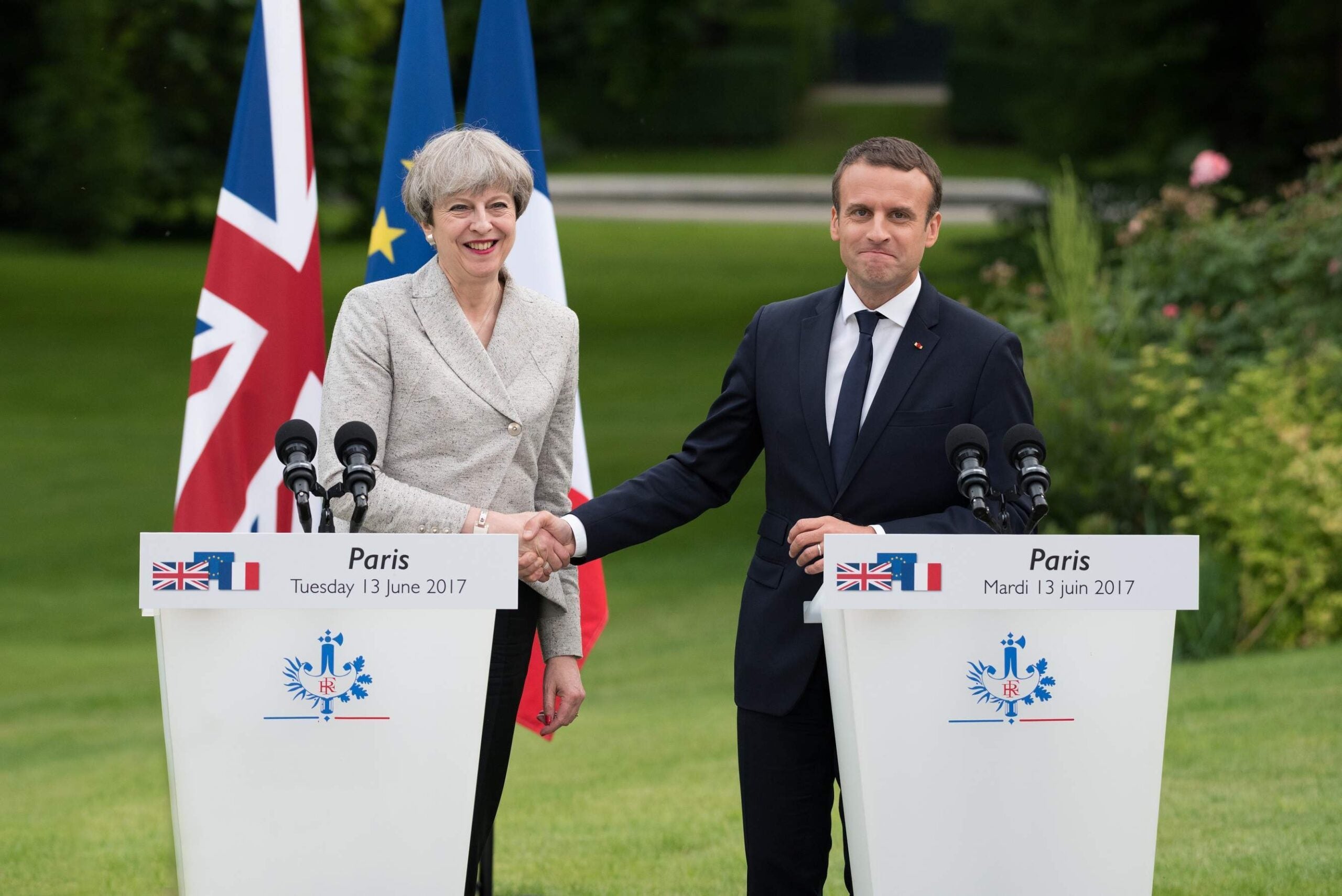
UK prime minister Theresa May will be meeting her French counterpart, president Emmanuel Macron to discuss ways to tackle online extremism this week.
The world’s leaders are currently in New York for the annual United Nations (UN) General Assembly.

Access deeper industry intelligence
Experience unmatched clarity with a single platform that combines unique data, AI, and human expertise.
The two leaders have come together to discuss the ways to tackle online radicalisation before.
Back in June this year, May and Macron discussed creating a new legal liability which could see technology companies such as Google and Facebook facing fines for not removing extremist content on their platforms.
It is likely that this concept will be brought up again, as May wants to show a strong stance against terrorism.
The need is particularly pressing at the moment as the UK has suffered five terrorist attacks this year, with the most recent one taking place last Friday at Parsons Green tube station.

US Tariffs are shifting - will you react or anticipate?
Don’t let policy changes catch you off guard. Stay proactive with real-time data and expert analysis.
By GlobalDataIn addition, the think tank Policy Exchange has published a report today saying that Britain has a large audience for online propaganda being spread by the so-called Islamic State (IS).
Policy Exchange said:
ISIS is producing extremist content at a consistent rate and this is spread against a vast information system: it is disseminated to core followers via Telegram, before being pumped out into the mainstream social media space (via Twitter, Facebook, and other leading platforms).
The think tank argues that more needs to be done to combat online radicalisation.
The “web giants” are to blame
In the past year, whenever an attack takes place, politicians and the right-wing media are quick to blame social media companies. Saturday’s headline from the Daily Mail read:
It takes minutes on Google to find plans to build this bomb which brought terror to the Tube. Now the PM is to confront bosses of the web giants with blood on their hands.
Saturday’s Mail: “Web giants with blood on their hands” #bbcpapers #tomorrowspaperstoday (via AllieHBNews) pic.twitter.com/pcJx4JZBmk BBC News
— SHP (@Senlac_Hill) September 15, 2017
Facebook, Google and Twitter protest that they are doing what they can to shut down extremism online, from removing extremist accounts to using artificial intelligence (AI) to spot and remove propaganda faster.
As well, Google’s subsidiary Jigsaw has been implementing counter-radicalisation efforts, to redirect potential ISIS recruits online to videos that will attempt to change their minds.
However, Policy Exchange said that two-thirds of people surveyed believe the leading social media companies are not doing enough to combat online radicalisation.
It also suggested that the UK government should consider new legislation to counter the possession and consumption of extremist material online. This sounds extreme, but it may be part of the ideas we see discussed between May and Macron later this week.
One thing is for certain, however, the fight against terrorism should never be at the expense of the privacy of individuals online.







